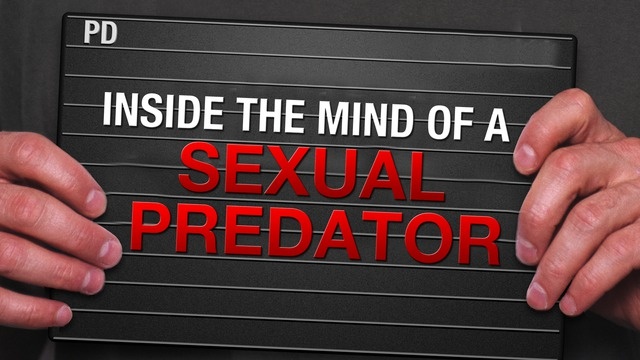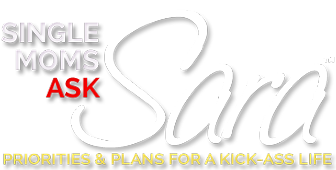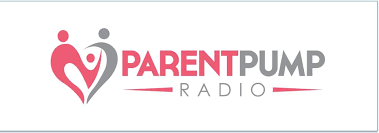Do You Know Enough to Protect Your Kids from Predators?

“I can’t wait to move out of this neighborhood to one where there are no pedophiles!”
I have been hearing this statement a lot, and frankly, it concerns me a great deal. I think it’s great that convicted sex-offenders are required to register their home addresses, that they can’t live near schools, and that the general public has access to this information. However; I am VERY concerned that the general public (parents in particular) have a new-found and misleading sense of security because they know where some predators live.
The sex offenders identified on the handy-dandy map you found on your computer screen are those sex offenders who have been convicted of a sex offense, and who have identified an address to police. That’s it. Think that’s enough information for you to assure your kids are safe? Think again.near schools, and that the general public has access to this information. However; I am VERY concerned that the general public (parents in particular) have a new-found and misleading sense of security because they know where some predators live.
Here’s the info you don’t have:
1. Sex offenders who never reported their whereabouts.
2. Sex offenders who moved and didn’t tell anyone.
3. Sex offenders whose reporting requirements have expired. (Only the most violent offenders are required to report for life.)
4. Sex offenders who were never convicted of a sex offense.
That’s right. Sex offenders are frequently not eager to report their whereabouts, or may be transient and don’t really have an address to report. While not knowing where convicted sex offenders are living should concern you, number 4 on the list above should scare the crap out of you. According to the Maryland Attorney General’s Office, less than 30% of sex offenses are even reported, and as we all know, convictions are hard to come by.
Bottom line here is that half or more of the sex offenders in your community are not on your internet map.
So what do you really do to protect yourself and your kids?
First and foremost, you have to be smart. Think critically. Your job is to know enough to do the very best to protect your kids. Be vigilant and alert. Do not allow yourself to be lulled into a false sense of security. Follow your instincts even when the situation doesn’t look suspicious on the surface, and always, always, always listen to your children and respond to their concerns. The concerns of your child must always come before your allegiance to a boyfriend, family member, or other seemingly trustworthy adult.
Children know their attackers 90-95% of the time.
As we have all learned in the news over the past several years, victimizing children is not limited to men. Female teachers are being convicted at alarming rates.
Here are some general adult behaviors to watch out for:
Ladies, as we have all experienced, there are men who become intensely interested when they find out you are parenting alone. They want to be helpful, say will take care of you, want to “be there” for your kids, they hang around, and they help you fix things. These can be warning signs. When that quiet voice inside you starts screaming like a mad woman, listen.
For more great information on protecting your family from sex offenders,please check out this excellent packet from the Maryland Attorney General’s office. Knowledge is power.
Stay safe!














New! Comments
What do YOU think? Leave me a comment in the box below.